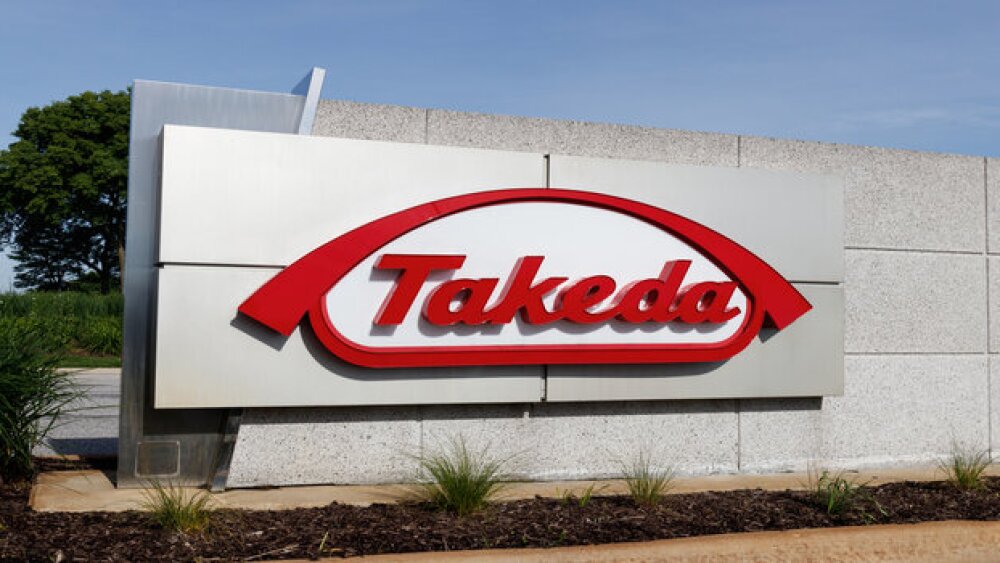“The Great Resignation” is a term that’s been coined to describe the wave of people leaving their jobs for other opportunities or exiting the workforce altogether.
The COVID-19 pandemic has impacted almost all aspects of work and life for a year and a half. Now that vaccines are widely available in the U.S. and other countries across the world, many organizations are bringing employees back to the workplace in person.
We recently interviewed an HR consultant at a California-based firm to discuss if employers can require vaccinations for employees. In short, it is legal in many states and the U.S. Equal Employment Opportunity Commission (EEOC) has issued new guidance stating that, “Federal EEO laws do not prevent an employer from requiring all employees physically entering the workplace to be vaccinated for COVID-19, so long as employers comply with the reasonable accommodation provisions…”
These policy developments have led many companies to begin designing what their workplaces will look like moving forward. As a result of new working policy rollouts, individual health conditions and changing attitudes about working environments, many people are choosing to quit their jobs if remote or hybrid (mix of remote and in person work) conditions don’t continue.
“The Great Resignation” is a term that’s been coined to describe the wave of people leaving their jobs for other opportunities or exiting the workforce altogether. The rate of people quitting their jobs in 2021 has reached its highest point in the last 20 years. This has intensified the competition among organizations to attract and retain top talent.
Attracting, engaging and retaining employees is a way to prevent turnover, which is an expensive problem that is estimated to cost U.S. organizations around $1 trillion annually. This is obviously a complex issue that will be unique to each organization. However, here are three tips you need to know to keep your best employees.
Let employees know return to work plans early- Be open and proactive with communication regarding your organization’s policy for returning to the workplace in person. Many employees are very anxious about return-to-work policies.
If your leaders and managers are initiating conversations with their teams, it can help ease tension. Sharing information about what your organization has done and plans to do in the future to increase safety and promote a healthy environment is vital for employee morale and engagement. Utilizing best practices around change management and communication can help your transition back in-person or to a hybrid working model be a success.
Offer incentives- Odds are that your best employees are being targeted by recruiters and other companies online. These other organizations and competitors could be offering higher salaries and additional benefits. In addition, many professionals are active or passive job candidates in the job market.
If your employees feel anxious about your return-to-work policies, they are more inclined to pursue external opportunities. Offering incentives such as the permanent ability work from home, a hybrid working model, more PTO and mental health days can support your employees, so they don’t look elsewhere.
Proactively discuss career growth and opportunities- In addition to the health reservations many professionals have with their working environment, a large amount of people are considering their satisfaction level with their current job. The pandemic has reinforced the idea that meaning, satisfaction and passion are important in life and work.
If ambitious employees don’t see a path for them to grow and progress their career in your organization, they will often start pursuing other positions. Encourage your managers to discuss different training and promotional opportunities within your company, to gauge interest among their teams.
The Great Resignation is underway, and millions of employees are considering quitting their jobs. The pandemic forced the majority of organizations to move to remote working options and there is reluctance among many employees to return in person for a variety of reasons.
Having conversations with employees before policies are rolled out can ease anxiety and help them feel more comfortable.
Offering additional incentives is also a good approach, because other companies will be competing for your top talent.
Finally, initiating discussions about career growth can help employees understand any future opportunities that might be available. What is one thing your company can do to help retain your best employees?
Porschia Parker-Griffin is a Certified Coach, Business Consultant, and Founder of Fly High Coaching. (https://www.fly-highcoaching.com) She helps companies cut the costs of turnover and improve the performance of their employees.





